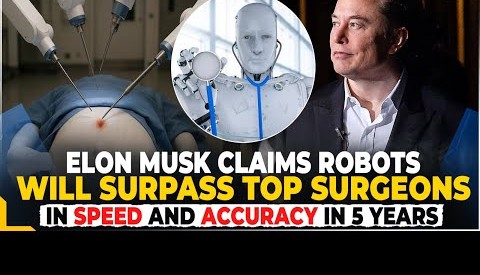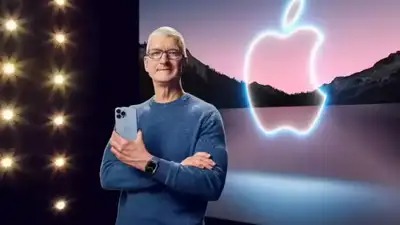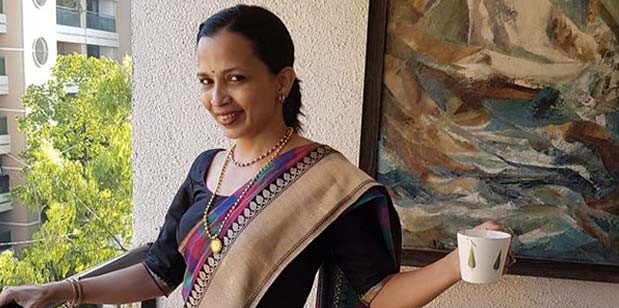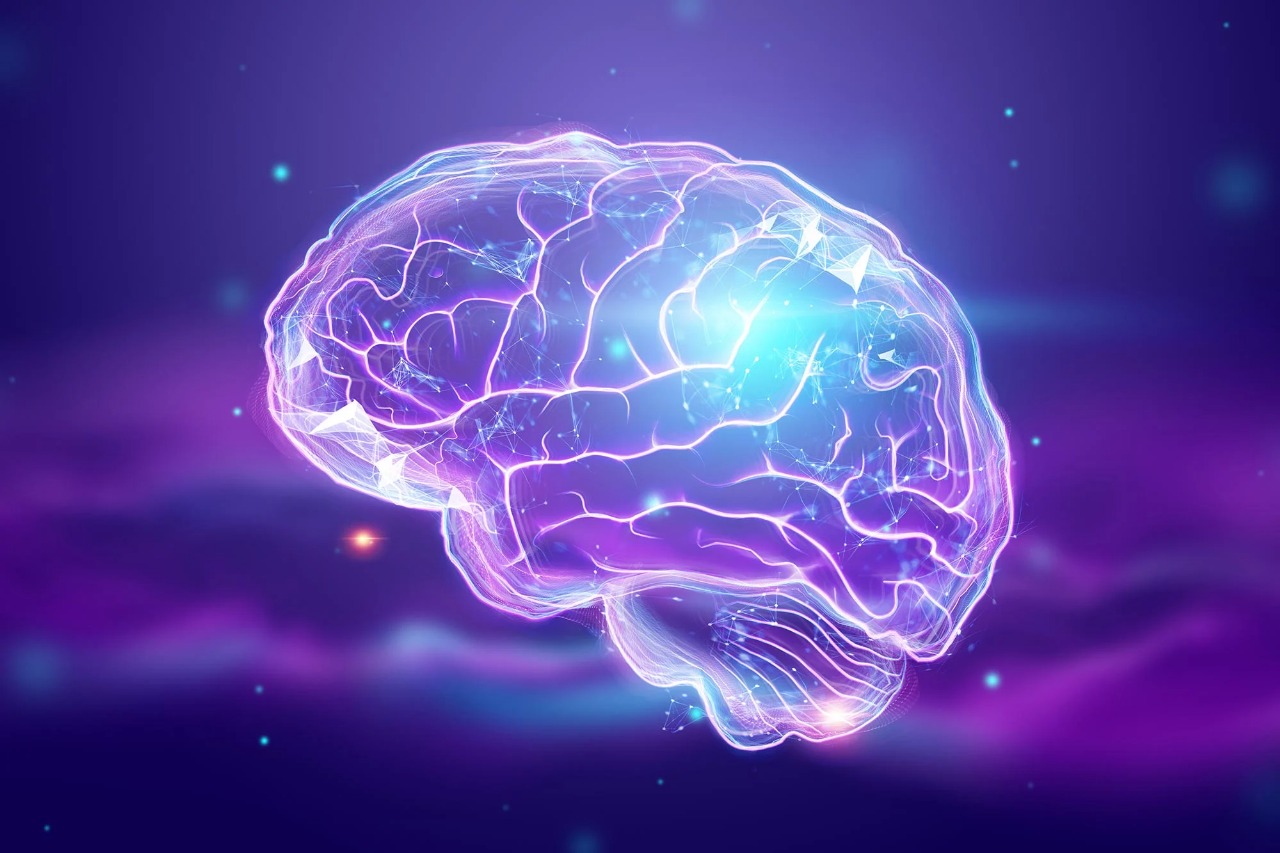
Follow WOWNEWS 24x7 on:

In a bold statement that’s rattling the medical world, Elon Musk declared that artificial intelligence is already better than most doctors—and will only get better. His comment, posted on X (formerly Twitter), comes amid a growing wave of AI-driven disruption in healthcare, raising urgent questions about the future of medical professionals, patient trust, and the role of human expertise in an increasingly automated world.
The AI Surge: From Assistive to Authoritative
AI has long been used to assist doctors with diagnostics, imaging, and data analysis. But in 2025, it’s no longer just a tool—it’s becoming a rival. Musk’s assertion reflects a broader shift in perception: AI is now seen as capable of outperforming physicians in certain domains, especially diagnostics and data-driven decision-making.
Key highlights:
- Musk stated AI is already better than most doctors and will surpass all jobs, including his own
- ChatGPT and similar tools are being used by patients to challenge medical advice
- A cancer survivor used ChatGPT to advocate for herself and make better-informed treatment decisions
This shift is not just technological—it’s cultural. Patients are increasingly empowered by AI, entering clinics with detailed knowledge and expectations that challenge traditional doctor-patient dynamics.
Doctors in the Hot Seat
The rise of AI has created a new kind of pressure for physicians. TikTok user @drpark524, a practicing doctor, shared his experience of being “in the hot seat” when patients arrive with AI-generated questions that test his expertise. One patient asked about the incidence rate of retinal detachment in the US—armed with the correct statistic sourced from AI.
Key takeaways:
- Patients now use AI to verify and sometimes question their doctors’ knowledge
- Physicians face scrutiny not just for care quality but for perceived expertise
- Trust is shifting from human intuition to algorithmic precision
This dynamic is forcing doctors to rethink their roles—not just as caregivers, but as collaborators in a tech-savvy healthcare ecosystem.
The Empathy Equation: What AI Can’t Replace
While AI excels at data analysis, it lacks emotional intelligence, empathy, and the human touch that defines compassionate care. Demis Hassabis, CEO of Google DeepMind, offers a more balanced view: AI may replace doctors in diagnostics, but professions requiring empathy—like nursing—remain fundamentally human.
Important insights:
- AI can handle data-intensive tasks, freeing doctors to focus on emotional care
- Human connection, creativity, and ethical judgment are irreplaceable
- The future may lie in collaboration, not competition, between AI and doctors
This hybrid model could redefine healthcare, with AI managing the technical load while humans provide the relational depth.
Automation Anxiety: What’s at Stake
Musk’s statement isn’t just provocative—it’s prophetic. As AI continues to evolve, the medical profession faces a crossroads. Will doctors adapt and integrate AI into their practice, or risk being sidelined by smarter, faster algorithms?
Potential consequences:
- Medical education must evolve to include AI literacy and digital fluency
- Doctors may need to specialize in areas where human judgment is irreplaceable
- Healthcare systems must balance efficiency with empathy to maintain trust
The challenge is not just technological—it’s existential. What does it mean to be a doctor in a world where machines know more?
Final Thoughts: The Human Factor Still Matters
Elon Musk’s claim may sound like a death knell for traditional medicine, but it’s also a wake-up call. AI is here, and it’s powerful—but it’s not infallible. The future of healthcare will depend on how well humans and machines learn to work together.
Doctors who embrace AI as a partner, not a threat, may find themselves more effective, more trusted, and more relevant than ever. Because while AI might know the numbers, only humans can truly understand the stories behind them.
Sources: MSN Health, Times of India, Becker’s Hospital Review, Benzinga


